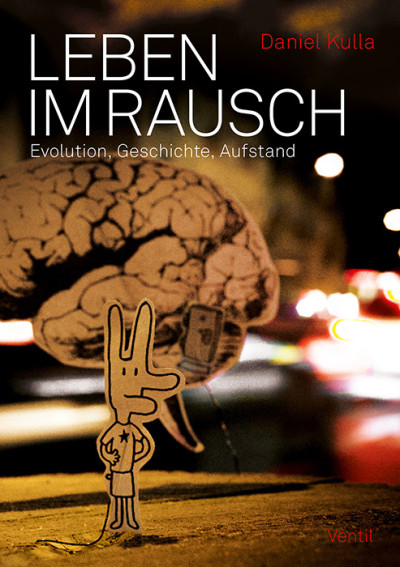Was sich im psychedelischen Rausch so alles ändert
October 9th, 2011In seinem DMT-Buch versucht Strassman, die subjektiven Faktoren eines psychedelischen Rausches zu verallgemeinern, “to gain a sense of a ‘typical’ response”:
>>Psychedelics affect all of our mental functions: perception, emotion, thinking, body awareness, and our sense of self.
Perceptual or sensory effects often, but not always, are primary. Objects in our field of vision appear brighter or duller, larger or smaller, and seem to be shifting shape and melting. Eyes closed or open, we see things that have little to do with the outside world: swirling, colourful, geometric cloud patterns, or well-formed images of both animate and inanimate objects, in various conditions of motion or activity.
Sounds are softer or louder, harsher or gentler. We hear new rhythms in the wind. Singing or mechanical sounds appear in a previously silent environment.
The skin is more or less sensitive to touch. Our ability to taste and smell becomes more or less acute.
Our emotions overflow or dry up. Anxiety or fear, pleasure or relaxation, all feelings wax and wane, overpoweringly intense or frustratingly absent. At the extremes lie terror or ecstasy. Two opposite feelings may exist together at the same time. Emotional conflicts become more painful, or a new emotional acceptance takes place. We have a new appreciation of how others feel, or no longer care about them at all.
Our thinking processes speed up or slow down. Thoughts themselves become confused or clearer. We notice the absence of thoughts, or it is impossible to contain the flood of new ideas. Fresh insights about problems come, or we become hopelessly stuck in a mental rut. The significance of things takes on more importance than the things themselves. Time collapses: in the blink of an eye, two hours pass. Or time expands: a minute contains a never-ending march of sensations and ideas.
Our bodies are hot or cold, heavy or light; our limbs grow or shrink; we move upward or downward through space. We feel the body no longer exists, or that the mind and body have separated.
We feel more or less in control of our “selves.” We experience others influencing our minds and bodies – in ways that are beneficial or frightening. The future is ours for the taking, or fate has determined everything and there is no point in trying.
Psychedelics affect every aspect of our consciousness. (…) Maybe that’s another reason why the psychedelics are so frightening and so inspiring: They bend and stretch the basic pillars, the structure and defining characteristics, of our human identity.<<


















October 13th, 2011 at 21:42
Checked against the plants it is imitating, a synthetically reproduced molecule is like an emission line in comparison to the continuous spectrum. Under some circumstances they may reach a close approximation, while still lacking the entity of the original, and that can matter more than it might appear at the first glance. There are so many reports of people experiencing horror trips on these synthetic substances, and it may be because the spiritual origins thereof are facing horrible threats such as loss of biodiversity and extinction of species, but the perception thereof is significantly hampered by the technical implications of synthetic reproduction.